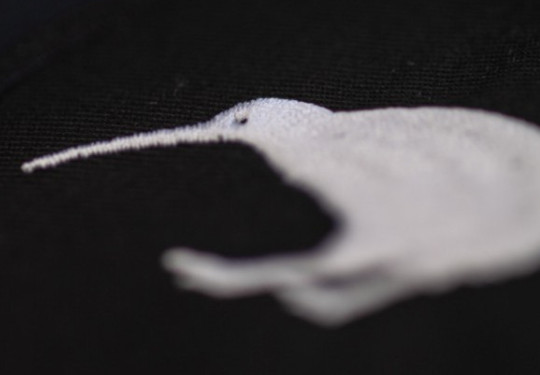Response to historical East Timor situation
05 April, 2022
The New Zealand Defence Force is aware of the situation that has been reported by ABC with regards to allegations of incidents in East Timor in 1999.
Due to the passage of time, many of the senior NZDF personnel who were involved in the East Timor operation, either on the ground or in more senior roles, have left the Services. In some cases, they are deceased. The NZDF has, in researching various questions asked by the ABC, had difficulty locating some records, especially as most records have not been digitised, but has provided responses that are to the best of our knowledge accurate.
As a matter of transparency, the NZDF wishes to release the following information.
THE 1999 ALLEGATIONS
The NZDF was made aware of concerns of detainee mistreatment that were raised by the NZDF Legal Officer in October 1999.
Upon receipt of the concerns raised, in November 1999, the Chief of the New Zealand Defence Force at the time, instructed a senior NZ Army officer to raise the issues with the Commander of International Force East Timor (COMINTERFET) and recommended COMINTERFET initiate an investigation. This was an appropriate response consistent with our obligations under international law.
NZSAS AND AUSTRALIAN MILITARY COURT MATTERS
The protection of the identity of members of the NZDF NZSAS is a fundamental aspect of their operational capability.
We believe that our requirement was our standard procedures for ID protection, i.e. that NZSAS personnel would only be known by names such as ‘Trooper B’. It would also be common practice to have NZSAS witnesses screened in court, and prevent their names being used or published. Their actual names would be provided to the court and defence on paper. This is not an unusual requirement.
We cannot confirm the details of why the ID protection measures were not met in this case.
We note the Sydney Morning Herald story about the case ‘Army considers action against cleared SAS soldier(external link)’ (August 9, 2003) states that Australia and New Zealand have the same requirements on protecting the identity of their special forces and that “there was no ill feeling towards the New Zealanders for choosing not to appear before the magistrate”.
A comment from the current Special Operations Component Commander Colonel Duncan Roy:
“We have a strong relationship with Australian Special Operations Command and regularly and consistently conduct bilateral training and engagement, working together towards the security of our region.”
The NZDF has no further comment to make on the matter at this time.
